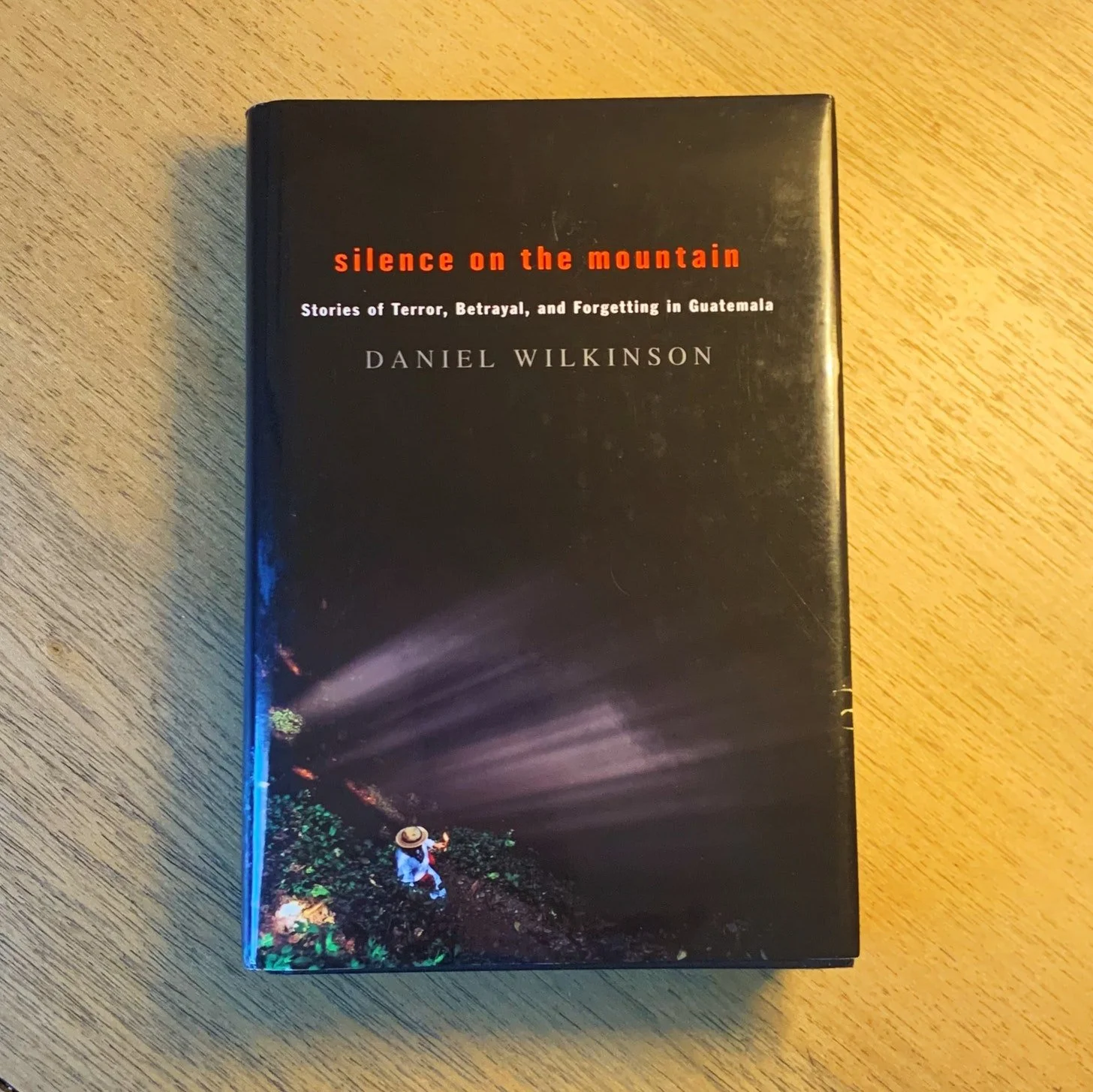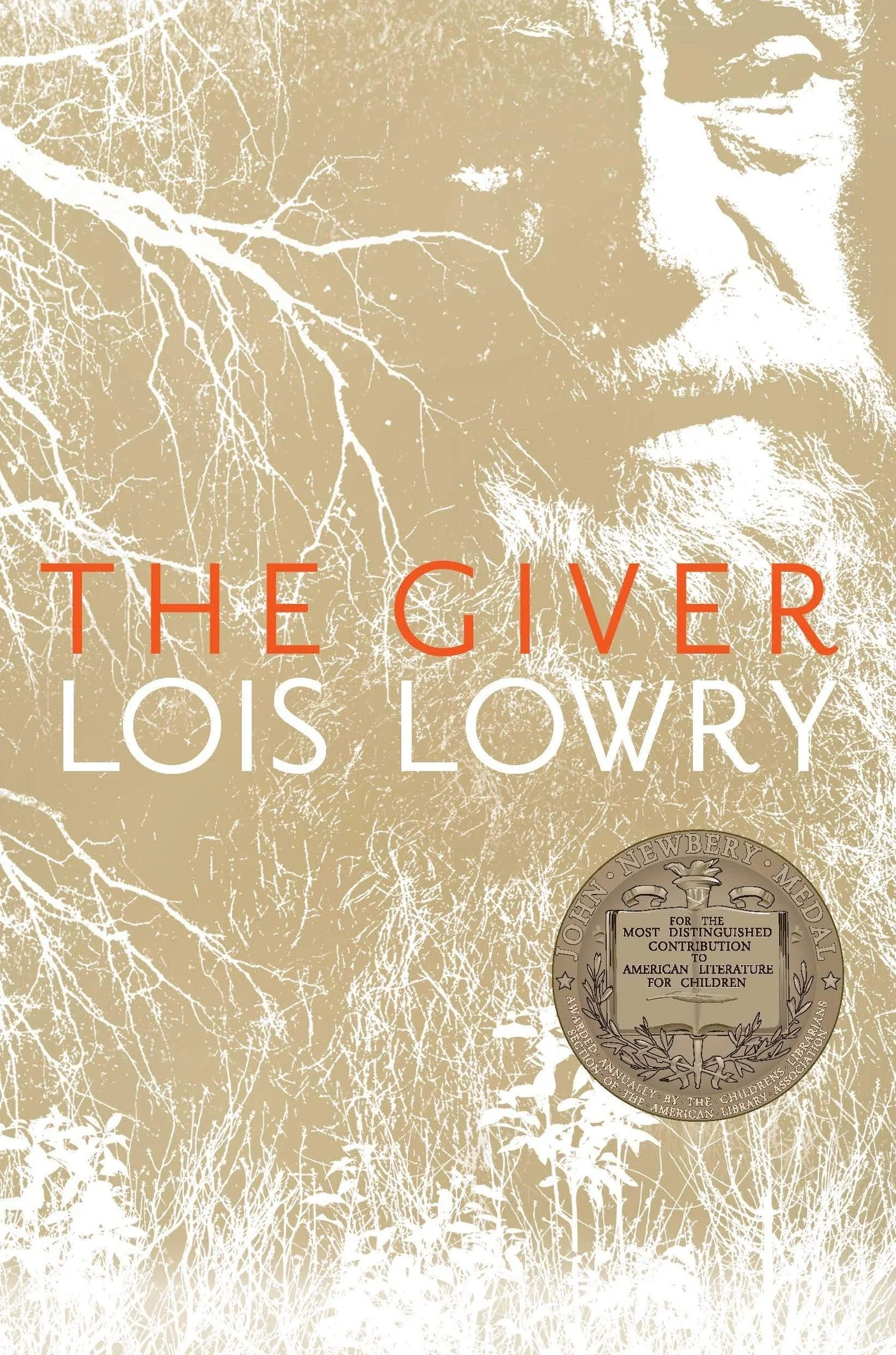The Cost of Remembering (And Not)
Growing up in Guatemala, I didn’t understand very much about the war that was happening all around us. Most people didn’t. That was by design.
Guatemala’s civil war started in 1960 and didn’t officially end until the signing of peace accords in December 1996, though it had started to wind down by the time I was old enough to be aware of it. When I was born in 1982, though, the war was at its height, with massacres wiping out entire highland villages, far from the public eye. The military blamed guerrillas. The guerrillas blamed the military. Disinformation was everywhere. So was denial.
In the years after the war, much has come to light about the magnitude of destruction over those 36 years, as well as the individuals and institutions that bear responsibility for the majority of atrocities. But in 2005, when I first read Silence on the Mountain: Stories of Terror, Betrayal, and Forgetting in Guatemala (Duke Press) by Daniel Wilkinson, I didn’t even understand the causes of the war, much less who did what. I was hungry for answers. It was the first time I’d read a book about Guatemala’s history. I’ve since read dozens of books that cover similar ground, but this book has remained foundational. So much so that I reread it in 2010 and then revisited it for the third time last month.
This true story takes place on and around a particular coffee plantation in western Guatemala where the themes of the war played out in microcosm. The anxiety and fear and denial we see in the characters of this book are instructive. They reveal the devastating toll that terror and trauma take on the lives of those fortunate enough to survive.
Memory has a cost. But so does forgetting.
That last point was driven home to me recently when I read The Giver (Clarion) by Lois Lowry. This YA novel, which my friend Andrew recommended a while back, concerns a community that has been taught to forget the hard stuff. People’s lives are regimented but not entirely unpleasant in their daily routines, just as long as they play by the rules, which boil down to these two: don’t feel and don’t remember.
I don’t want to give away too much of the plot, except to make this one point. What we learn from our protagonist Jonas is that a world unwilling to deal with the hard stuff is a world where life is drained right out of it. A world without memory is a world without joy, without color, without love.
So yes, it costs us something to remember. It costs us more to forget.

